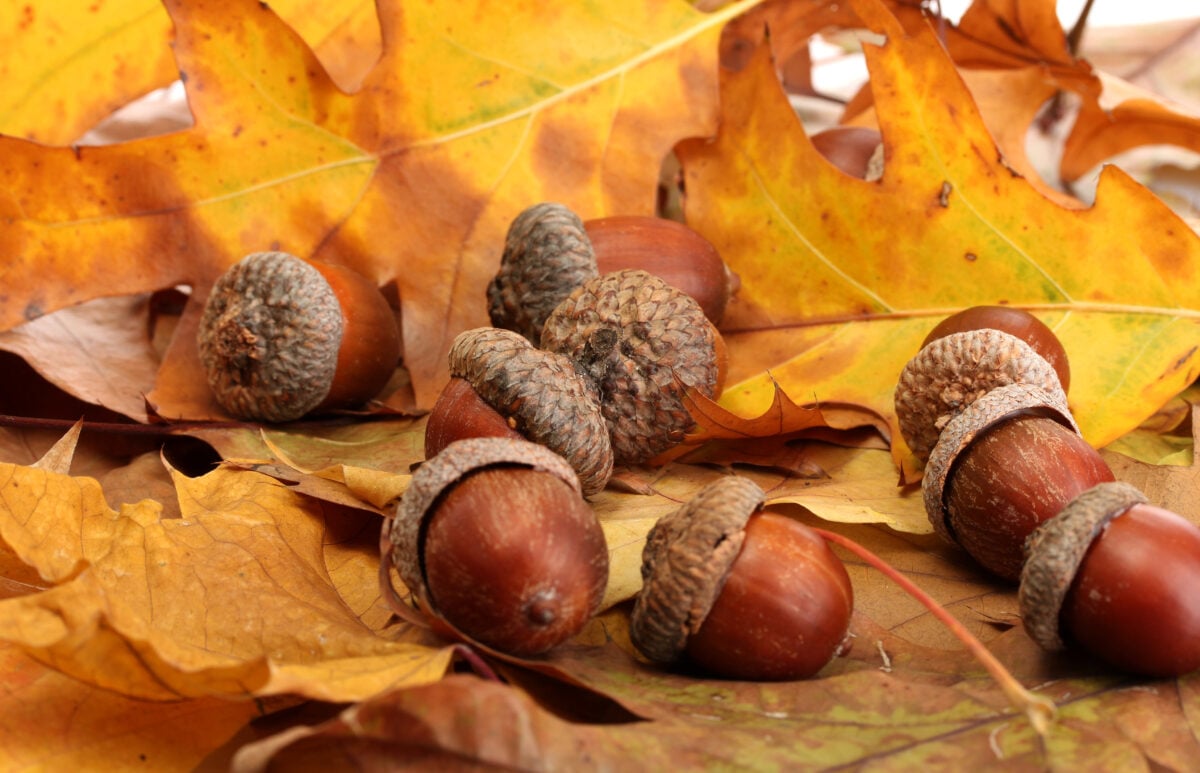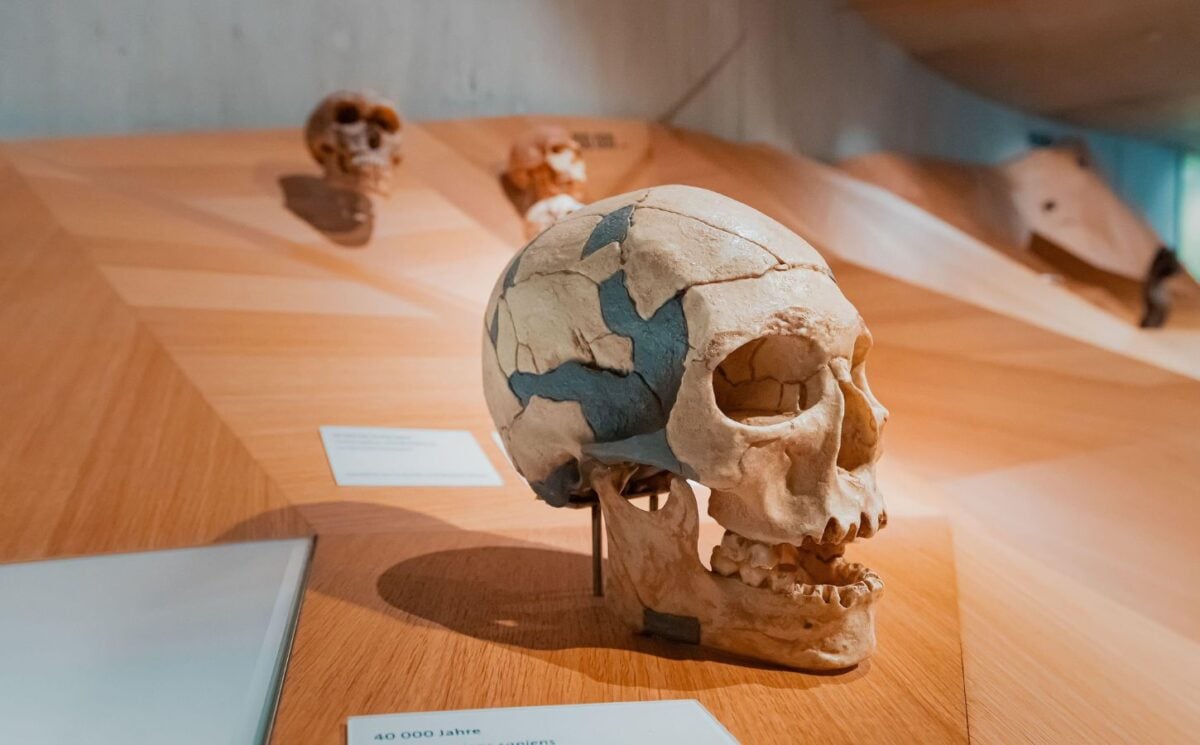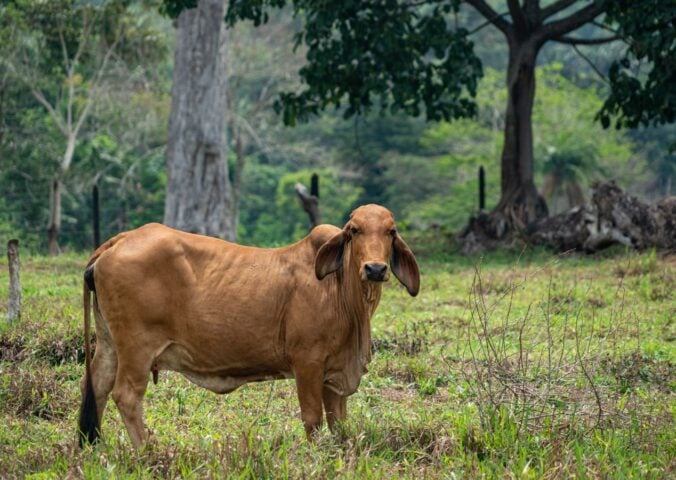Despite the popularity of meat-heavy “caveman” diets, evidence is mounting that our ancestors were not primarily carnivorous. In fact, it appears that they mostly ate plants.
Read more: Study Puts Fermented Foods, Not Fire, As Pivotal Moment In Human Brain Growth
A new study shows that plants, not meat, were the main source of protein in the diets of a group of Paleolithic “hunter-gatherers” in what is now Morocco. As the group buried their dead, scientists were able to analyze molecules preserved in bones and teeth of several individuals. This revealed that many kinds of wild plants were consumed by these early humans, who lived between 13,000 and 15,000 years ago.
This does not mean the group ate no meat, as the researchers also found evidence of animals being butchered. But plants played a bigger dietary role than many people believe. “Our results unequivocally demonstrate a substantial plant-based component in the diets of these hunter-gatherers,” states the study, led by researchers from the Max Planck Institute in Germany.
Challenging the meat narrative

According to the researchers, the results challenge the “prevailing notion of high reliance on animal proteins among pre-agricultural human groups.” The idea that humans ate large amounts of meat during the hunter gatherer period has long been a dominant theory. But the new study, along with several others, pose a strong challenge to this.
Read more: Eating More Fruit And Veg ‘Equivalent To Walking 4,000 Extra Steps A Day’
The Max Planck researchers note that one of the reasons for the belief that our ancestors relied on meat is because plants don’t preserve as well. Signs of plant consumption “can be easily overprinted” by meat-eating in molecule analysis. Animal bones also may more often be found at settlement sites than plant remains.
One recent study found that hunter-gatherers in the Peruvian Andes relied heavily on wild potatoes and other root vegetables. These plants may have made up around 80 percent of their diet.
Read more: Is Vegan Food Really Worse For You Than Meat? A Factcheck Of Media Coverage






